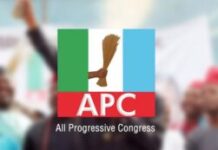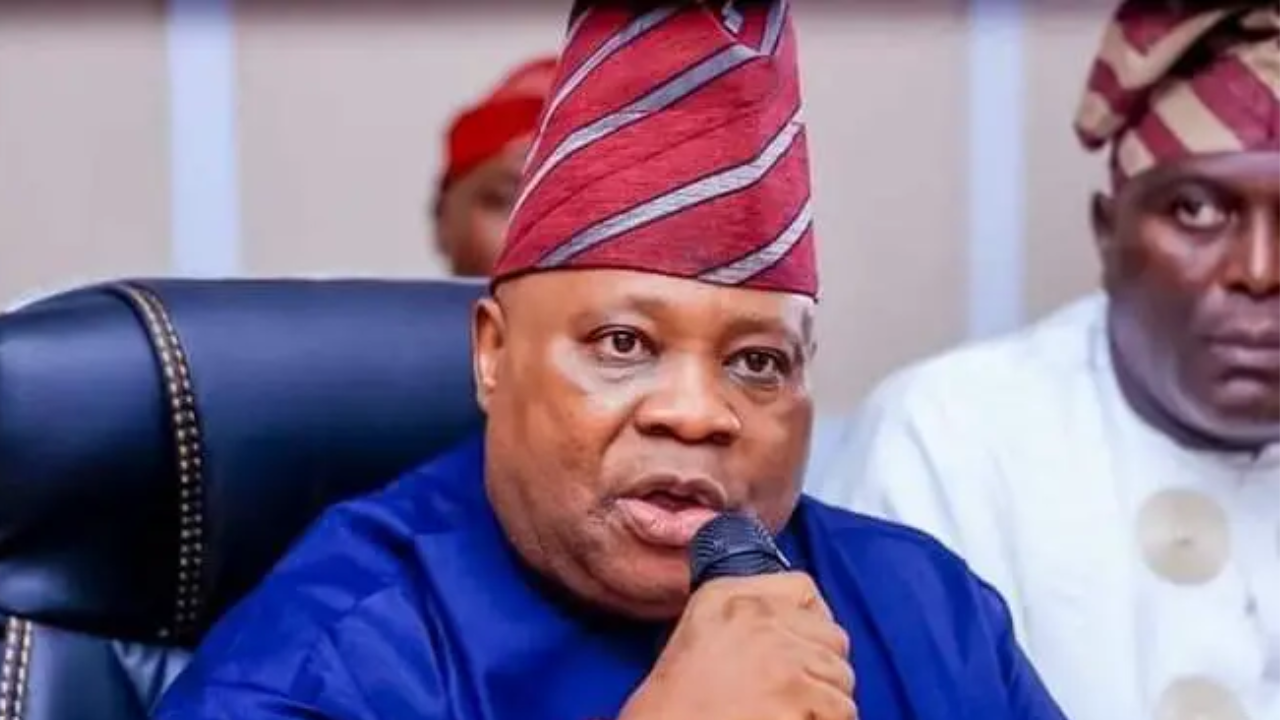The ECOWAS Commission has pledged continued collaboration with ECOWAS Network of Electoral Commissions (ECONEC) to ensure that elections in West Africa continue to improve.
The President of the commission, Mr Jean-Claude Brou, made the pledge at a Symposium and 6th Biennial General Assembly of ECOWAS ECONEC in Abuja on Monday.
Brou said that the commission would continue to work with ECONEC until countries within the sub-region got to a point where electoral outcomes were accepted by all and electoral violence completely eradicated.
He said that ECONEC, under the leadership of Prof. Mahmood Yakubu had been a helpful partner of the ECOWAS Commission in the pursuit of its electoral assistance mandate to member states.
He said that with the support of ECONEC the region had witnessed a significant improvement in the way elections were organised and conducted in the sub-region.
Brou although notable achievements had been made, there were still challenges, such as the rising cost of organising elections in member states.
The high cost were in most cases in countries with low income, huge infrastructure deficits, failing healthcare and educational system and wide spread youth unemployment, he said.
“There is urgent need to harmonise the manner in which elections are conducted in our region, drawing from the best practices and taking into account the specificities of individual member states.
“I hope that going forward, ECONEC will assist us in exploring ways for achieving desired political convergence in West Africa,’’ he said.
On his part, Yakubu, the President of ECONEC and Chairman of the Independent National Electoral Commission, identified funding as a critical issue for the future of ECONEC in spite of the fact that member states had fully paid their dues.
He expressed the network’s gratitude to bilateral assistance in terms of electoral logistics consistently extended by successive Nigerian governments to countries across the sub-region.
Yakubu appealed to ECOIWAS to continue to strive to actualise the vision of establishing the electoral logistics depot at Lungi in Sierra Leone.
“This is a depot from which countries in need can draw such facilities and ballot boxes and trucks for movement or election materials without each country having to procure its own material with every election.
“This is achievable and in the long run will help to reduce the cost of elections in our sub region,’’ he said.
The Head of European Delegation to Nigeria and ECOWAS, Katil Karisen, said inclusiveness was central to the survival of democracy.
He said that it was about legitimacy and providing that voice to the people of the nation.
“If that inclusivity is not provided we risk undermining our democracy by the end of the day and the continued stability and economic growths of our countries in the sub-region,’’ he said.
Karisen advised that the issue of participation should not be left for the international community.
“Please don’t consider this matter of inclusivity as something of international community and projects to handle by the end of the day.
“Inclusivity in democratic process is far too important to leave to the international community project alone.
“It is about your polices, it is about your nations, it is about building real change and that change agenda takes being all hands on deck, full participation and above all political will.’’
Karisen said that looking at the recent elections in Nigeria there was a lot
of hope moving forward as there were positives taking away and negative side.
The highpoint of the event was the public
presentation of two ECONEC books, titled; ` Cost of Elections in ECOWAS Region’
and `ECONEC Activities in Support of Credible Elections in West Africa’. (NAN)



